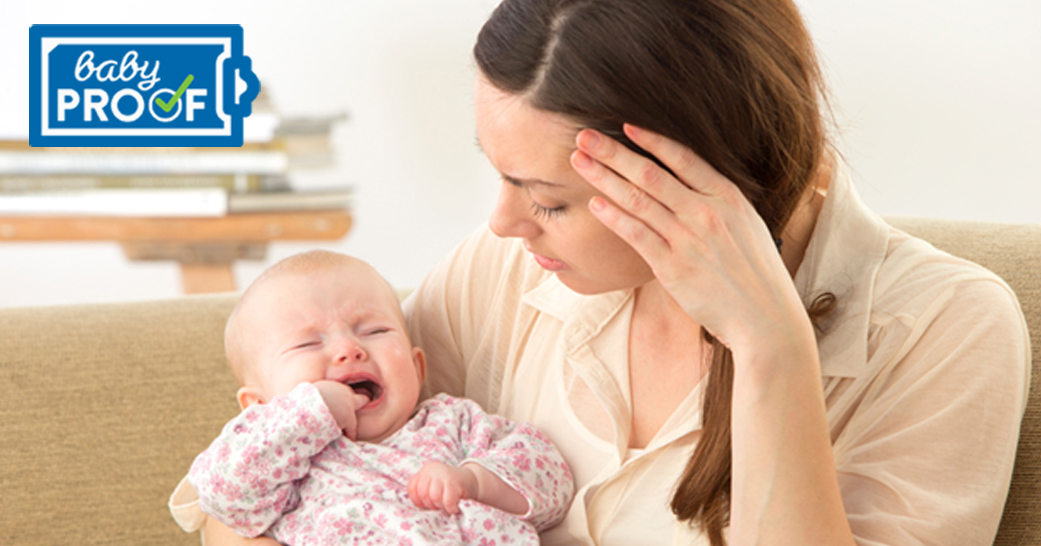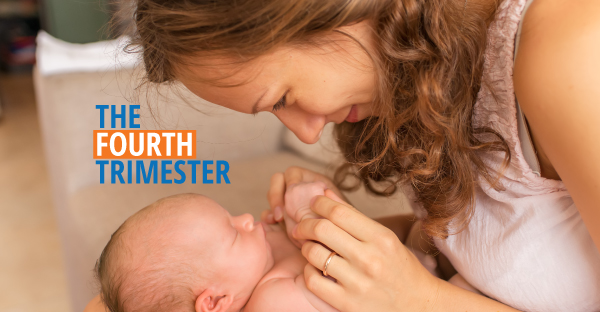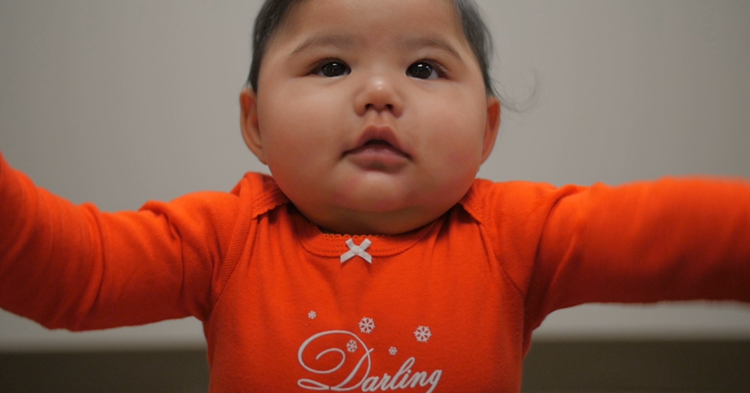
All babies cry, but some more than others. And while it’s normal to have a fussy baby, it can be emotionally hard on a new mother.
A study published earlier this year in Academic Pediatrics looked at mothers nine months after childbirth. Comparing moms with full-term babies, those with fussy babies were about twice as likely to have experienced moderate-to-severe symptoms of depression than mothers with calmer babies.
The study’s lead author told Parents magazine that having a fussy baby can be shocking for some mothers. Their experience of being a mom may not be what they expected, and that can affect their confidence and contribute to symptoms of depression, explained Prachi Edlagan Shah, M.D.
Help Soothing Your Fussy Baby
Fussiness is a common experience. More than 60% of mothers in the study reported some fussiness with their child. In addition to knowing it’s normal, also know that you can get help if you need it.
The Birth to Five Helpline’s Fussy Baby program is a free service to Arizona parents during their baby’s first year, when there can be challenges or questions about babies that are hard to soothe or comfort. Early childhood experts are available by phone to listen, answer questions and provide support.

The Birth to Five Helpline is available at 1-877-705-KIDS (5437). Professionals are on duty Monday through Friday from 8 am to 8 pm. You can also leave a voicemail, submit your question online, or text the Helpline 24 hours a day, seven days a week.
If You Feel Depressed After Your Baby Is Born
Many new moms feel teary, anxious or upset after the birth of their baby. These feelings usually last about two weeks and are not serious. But if you have strong feelings of anxiety or depression, or you have felt depressed in the past, get help right away. Postpartum depression is serious and can keep you from bonding with your baby. Talk to a doctor or contact the Arizona Postpartum Support Helpline.




